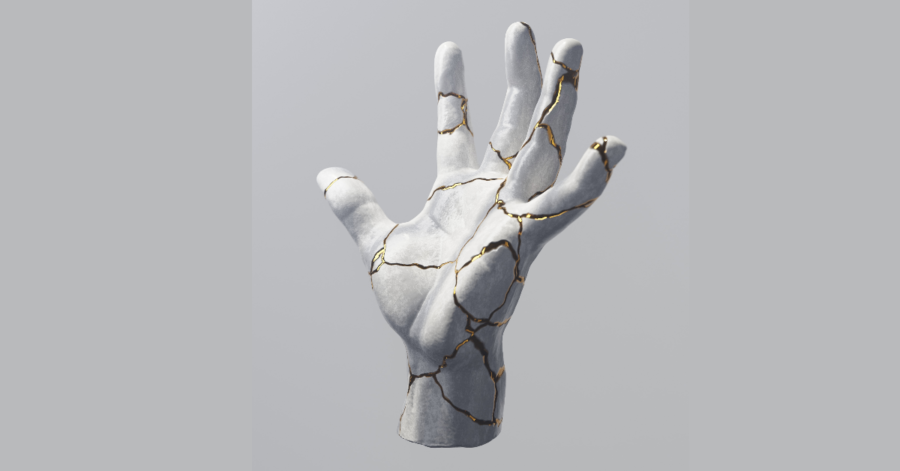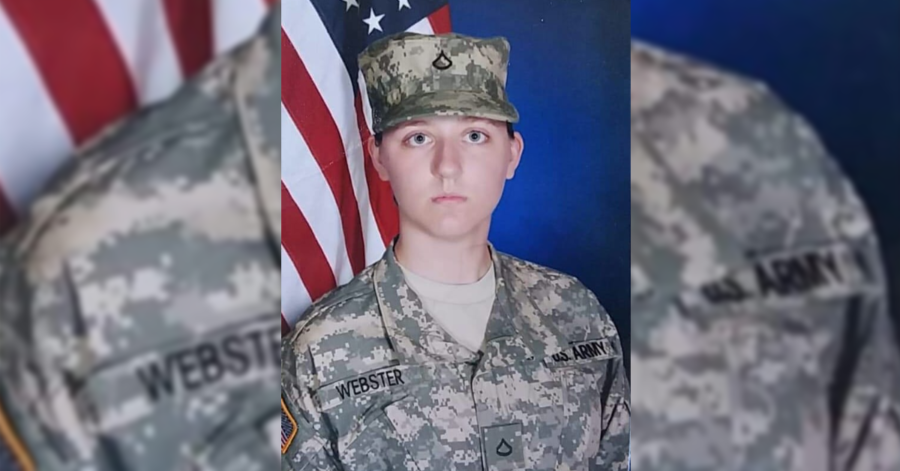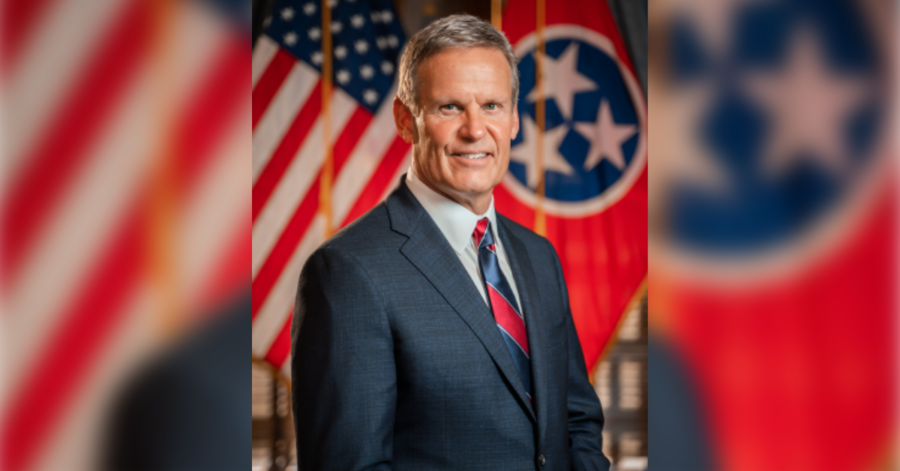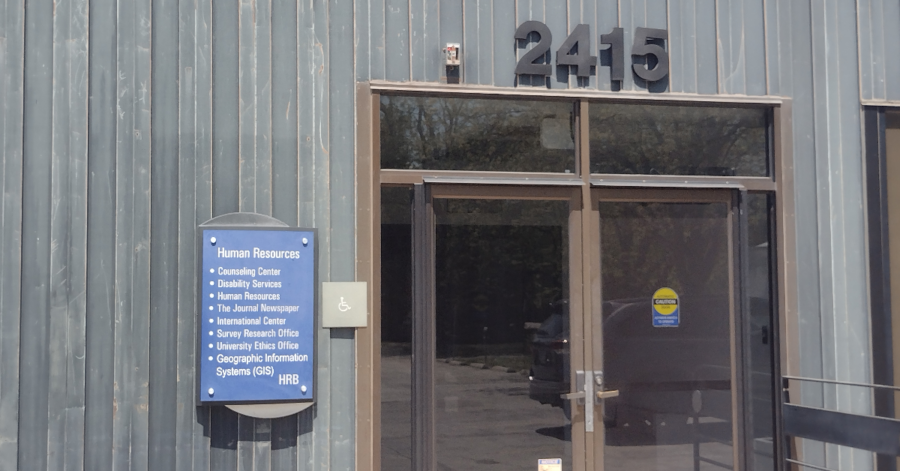TRIGGER WARNING – Rape, Sexual Assault, Violence, MST.
“A substantial proportion of veterans in the U.S. experience sexual trauma during their military service and these experiences are associated with an elevated health burden” (PubMed).
Over a decade ago, while I was in training at Ft. Jackson, South Carolina, I walked into a clinic on base and requested a pregnancy test as well as an STD screen. I don’t remember if it was a male or woman physician, but I remember thinking, “Ask why I want this done.” I was afraid of being seen as a whore – we female soldiers had it drilled into our heads over and over that our behavior, how we dressed, and who we were seen with, had impacts on our military careers. In my head, I thought if someone was direct enough to ask, I might be brave enough to speak up. The results were given, both negative, and I was sent on my way back to my company.
At first glance, I can see how readers or those who hear me speak about a sexual assault while serving in the military, would be skeptical. We’re soldiers. We’re strong, smart, and trained to kill. MST can’t be anything more than someone seeking attention. Perhaps it’s an excuse for soldiers to use to get out of the military or get moved to another unit. In reality, how, where, and when instances of sexual assault occur vary as much as the drinks offered in a gas station refrigerator. Mine occurred off base, in a hotel room I had paid for, with the intent of single occupancy. I feel that an influencing factor in my case was due to my own ignorance. I had been raised with a belief that drinks were drugged at bars or parties, never by anyone you’d know. I didn’t recognize the danger and trusted the older male soldier’s intentions when he offered me a drink that night. I knew the guys who got their room on another floor, bought alcohol, and proceeded to get drunk. I knew my rapist. Many do. At the time, however, I didn’t know there was a name for what I had experienced. I was alone, afraid, and ashamed. It would be seven years after the event before I knew there was a name for what I endured. A fellow soldier, one I highly admired and still do, questioned why I didn’t receive military benefits. I shared my story, what had happened that night, which is what started my path to healing.
While over time, more awareness has been drawn to the topic of MST, nothing launched it into the public light until the sad recent death and subsequent criminal case of the murder of Vanessa Guillen in 2020. Guillen was stationed at Ft. Hood, Texas, when she was killed on base and her body removed by a fellow soldier, Aaron Robinson. Her story will be highlighted in the event hosted by the Military and Veteran Student Services Office on Wednesday, April 5, at Brookens Auditorium. A screening of the Netflix documentary I am Vanessa Guillen will begin at 5 p.m., and following the viewing, there will be an open discussion offered to attendees to learn more about what’s being done and how to advance response, prevention, and awareness of Military Sexual Trauma events. This showing is RSVP and is topic sensitive for those interested in attending. Green Zone – UIS Connection
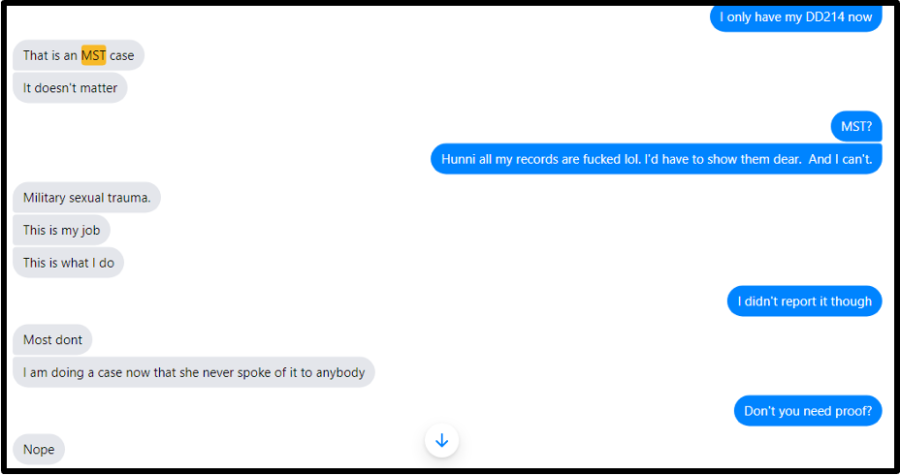
Nichter B; Holliday R; Monteith LL; “Military Sexual Trauma in the United States: Results from a Population-Based Study.” Journal of Affective Disorders, U.S. National Library of Medicine, https://pubmed.ncbi.nlm.nih.gov/35301038/



